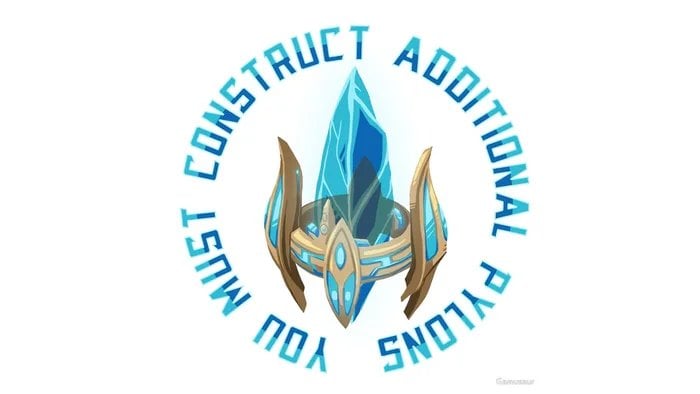Idk if “little experience” means something in English, but what I meant is non-life changing/threatening. Things that would otherwise go unnoticed.
For me, it was when I stopped drinking acoholic beverages because… I ended up finding it boring, I guess.
I started noticing how low key hostile my environment is towards people who dont drink. People started thinking I was sick, depressed, converted to islam, being snob, etc.
Bartenders started to openly mock me when I asked for a lemonade (they still do) : “We dont do that here”, “Go to a physician if you need that”, “you’re in a bar you know ?”.
I started realizing how hostile my country/region/groups can be to people who dont drink. Never realized that before.
Edit : typo
20-something years ago, I was a struggling student with a shit side-job and a so-so relationship with my family. Life felt like being a hamster running in a wheel, it felt like there was nowhere to go.
I had dinner with a friend of mine, who announced that he was leaving for a study-abroad year for our last year of masters degree. I was glad for him, but definitely envious, and he told me: “well, do it too then”.
I spent the next 30 minutes trying to explain the myriad of things that were keeping me down in my life, but he dismantled them one by one.
Like:
• “But packing my studio apartment will be tedious…” - “So you’ll live the rest of your life in that apartment?”
• “But money…” - “You know you can take a reasonable loan for this and that it will pay off in opportunities.”
• “But I’m the one keeping everything together at work.” - “And they know it, it’s not in their interest for you to be find a job in your degree’s career. They’ll ask you for favors forever. You should look out for yourself there. It’s probably a good thing to make it stop now and have you be unreachable a while so they can figure it out.” (This was before smartphones.)
• “But my family will hate it.” - “Because they also don’t want to let you go, you should look out for yourself there too.”
He was spot on about everything, and eventually, I had run out of excuses. That night I ended it with a non-committal “I’ll think about it”, but that small conversation started a big train of thoughts that changed everything about how I made decisions. Basically, it turned me from being someone quite risk-averse and shying away from things, to becoming someone unusually risk-seeking and ready to take on opportunities that would present to me as much as I could without letting anything keep me down.
I wasn’t able to join the program he joined because the deadline had passed, so I had to carve out my own study-abroad opportunity, so I did. It was scary and tedious, but it paid off. Interestingly, I now live halfway across the world from where I grew up, and he is back in our hometown. We lost touch over time, and I’m pretty sure he doesn’t realize how this small conversation that day changed everything of the path I was on.
Reading about stoicism. It’s like an ethical anchor in my life now, a guide to be happy. It’s like the upgraded version of religious belief, perfectly fitting in the 21st century (even though it’s thousands of years old).
Hello, I’m only 22 years old but I want to learn more about this. Will I be able to grasp the depth of the concept at my age or is it inherently for people who have already gained experience in life?
Everyone can understand the basic concepts of stoicism. Most of them are easy to understand, but hard to apply.
Unfortunately I can not recommend any English literature, but I see Deren Browns “Happy” getting recommended a lot. The books I read all had a practical focus, trying to apply stoic ideas to day-to-day life. Most stoics will recommend to also read historical literature, like Marcus Aurelius “Meditations” - this might be a bit too much for beginners.
For me personally, the most helpful stoic idea is the “dichotomy of control”. It basically says that you shouldn’t worry about things or facts you can’t change (“externalities”) and instead focus on the things that actually are under your control. And those are VERY few things.
A trivial example: Why should I worry about the “bad” weather during my holidays? I certainly can not control the weather and by nature, the weather is neither good or bad. It’s my brain that gives a sunny day more value than a thunderstorm. So instead of complaining about the weather, I should try to make the best out of it and maybe even appreciate it.
Worked with someone senior to me in my org, who would always complain about how people don’t know how to work well or get too distracted by new technology etc. It was often compelling and made you feel guilty about not being better.
Then I realised they were unconsciously talking about themselves. They were always distracted by their emails and computer and hardly ever getting good work done.
You hear about people projecting. But to see it in person and realise that a whole person’s seemingly insightful or valuable position on what’s “good” was just self-centred abuse is quite another thing.
I was never one to take authority seriously, quite the opposite really, but this really removed what little ability I had to perceive someone with respect without massive amounts of evidence and proof.
There are few hero’s amongst us. We’re all pretty flawed and broken.
I forgot the details, but I remember vividly the strong feeling of being right about something. And then I learned I was wrong.
This was when I started to distrust that feeling. It is comforting, but not a trustworthy guide to truth.




